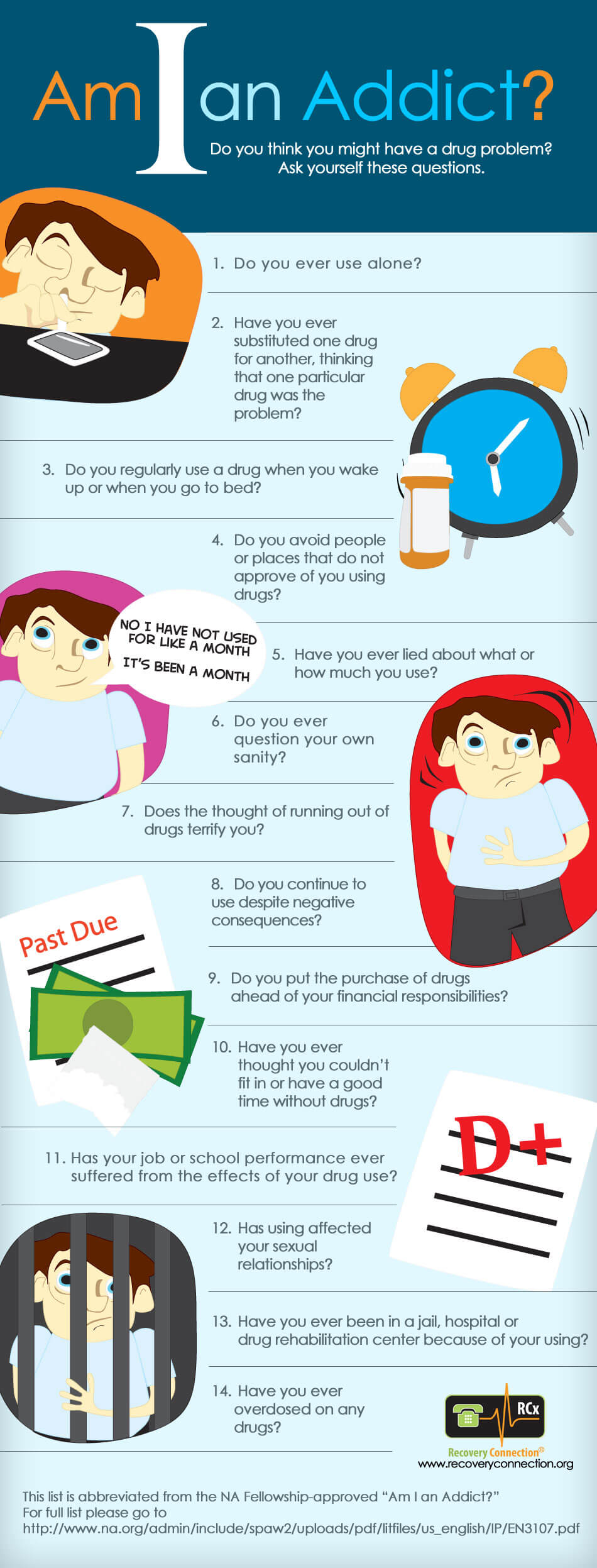Learn How To Build A Solid Aftercare Plan After Drug Rehabilitation And Achieve Lasting Success
Learn How To Build A Solid Aftercare Plan After Drug Rehabilitation And Achieve Lasting Success
Blog Article
Content Writer-Clarke Ankersen
You've completed drug rehabilitation, and currently it's time to develop an effective aftercare plan to guarantee your long-term recovery.
Image this: you're an individual determined to stay tidy and build a satisfying life. This write-up will certainly direct you with identifying recurring support systems, incorporating therapy and therapy, and creating healthy coping devices.
With these strategies, you'll be equipped to grow in your trip of soberness.
Let's begin.
Identifying Ongoing Support Equipments
You should determine a minimum of 3 ongoing support systems to guarantee an effective healing after drug rehabilitation.
The initial support group is your family and friends. They can provide emotional support, encouragement, and help you stay liable. They can also provide a safe and understanding environment where you can share your struggles and triumphes.
The second support system is your therapist or counselor. They can assist you resolve any type of underlying problems that may have contributed to your dependency and give assistance on how to avoid relapse. They can additionally teach you dealing devices and healthy means to handle anxiety.
The third support system is a support group or a sober area. Being surrounded by others who are experiencing comparable experiences can be incredibly helpful. They can provide a sense of belonging, comprehending, and offer important guidance and support.
Incorporating Treatment and Therapy
To attain an effective recovery, it is necessary for you to proactively take part in treatment and therapy sessions, as well as incorporate them into your ongoing support systems. By doing so, https://sonomacounty.ca.gov/health-and-human-services/health-services/divisions/behavioral-health/services/substance-use-disorders-services can make the most of the advantages of these treatment methods and increase your chances of preserving long-term soberness.
Right here are some essential reasons why incorporating treatment and counseling right into your aftercare plan is essential:
- ** Emotional Support: ** Therapy and counseling supply a risk-free space for you to share your ideas, sensations, and has a hard time related to your dependency. It allows you to resolve any unsettled problems and establish healthy and balanced coping mechanisms.
- ** Slip back Avoidance: ** These sessions furnish you with the needed tools and strategies to stop regression. They aid you identify triggers, create coping abilities, and develop a strong structure for taking care of desires and stress and anxiety.
- ** Personal Development: ** Treatment and counseling facilitate personal development and self-discovery. They assist you gain understanding right into the underlying causes of your addiction, enhance self-esteem, and establish much healthier connections.
Creating Healthy And Balanced Coping Devices
During treatment and counseling sessions, it's important to proactively work on developing healthy coping systems in order to successfully take care of stress and anxiety and obstacles.
Suggested Studying need to determine and recognize your triggers, those points that cause you distress or anxiety. By identifying these triggers, you can develop techniques to cope with them in a healthy and balanced way. This may involve practicing deep breathing workouts, participating in physical activity, or locating an innovative outlet to share your feelings.
It is very important to likewise surround yourself with a solid support group of loved ones who can offer encouragement and advice.
Moreover, self-care tasks such as obtaining adequate rest, eating well, and practicing relaxation techniques can significantly add to your overall health.
Verdict
In the trip in the direction of recovery, developing an effective aftercare strategy is like often tending to a fragile yard. Just as a gardener supports each plant with care and focus, so also must one grow ongoing support systems, include therapy and therapy, and create healthy and balanced coping devices.
By doing so, the seeds of healing will certainly blossom right into a growing garden, offering a solid structure for a brighter, drug-free future.
